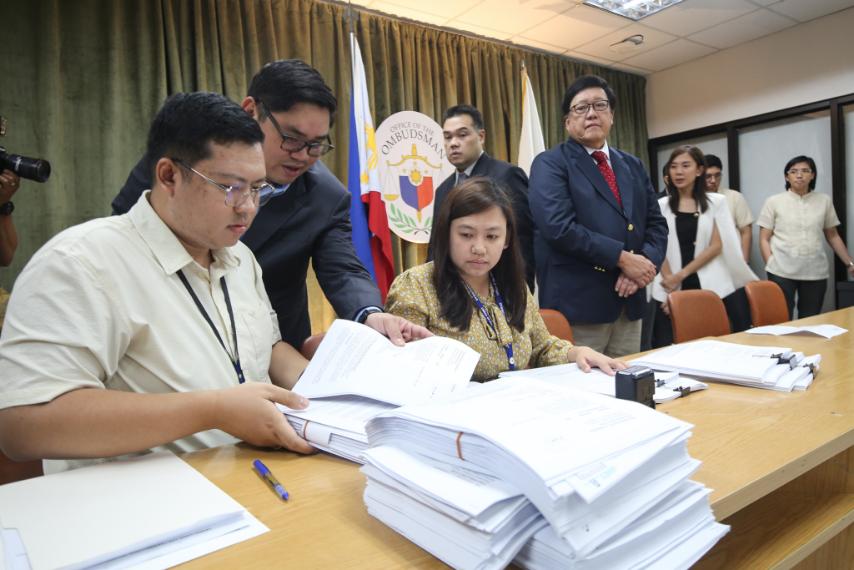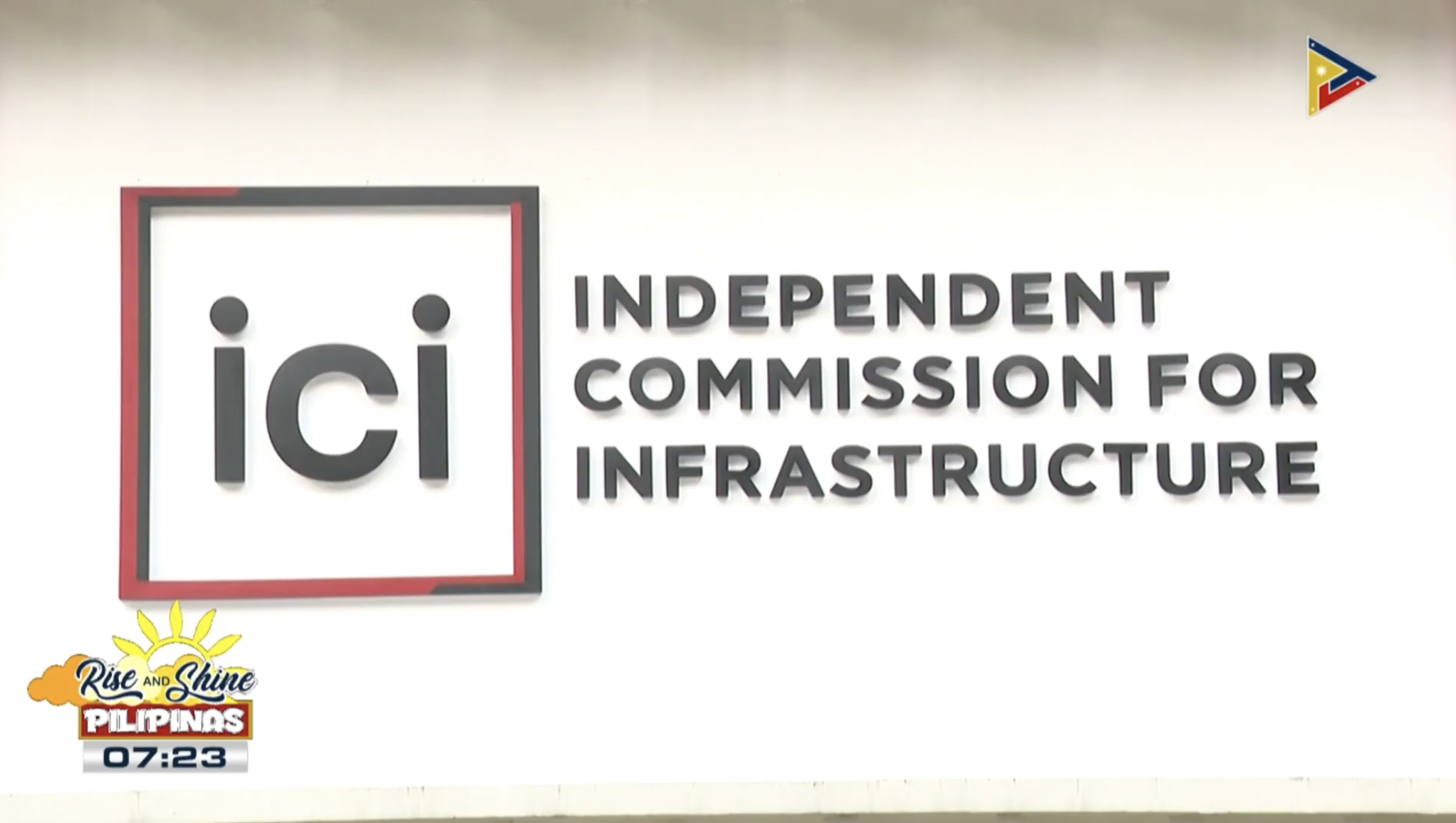
By Dean Aubrey Caratiquet
Amid qualms regarding the country’s reputation on the international stage vis-à-vis an ongoing investigation into ‘ghost’ and anomalous flood control projects, President Ferdinand R. Marcos Jr. reaffirmed his firm stance against corruption, vowing to go after government workers involved in public service malpractices.
At a media interview after the conclusion of the Asia-Pacific Economic Cooperation (APEC) Summit, Marcos underscored the gravity of corruption in the Philippines but stressed that it exists in every large bureaucracy.
He expounded, “It’s something that you will never be able to say, that we have removed corruption. There will always be—laging may loko diyan eh. Kahit anong gawin mo, hahanap ‘yan ng paraan para lokohin ang gobyerno.”
The President, however, emphasized that with sufficient and effective measures in place, corruption in the government can be alleviated progressively: “But if the system is in place, you make it harder and harder for those people to do ‘yong mangurakot. The harder it becomes, the smaller the number of people still operating under corrupt practices. So, it’s an ongoing thing. It’s not something that you can solve with one fell swoop.”
Among the earlier interventions set into motion by the Marcos Jr. administration after the revelation of this pressing national issue during the Chief Executive’s 4th State of the Nation Address in July were the creation of the Independent Commission on Infrastructure (ICI) and the P255 billion cut in the Department of Public Works and Highways’ (DPWH) budget.
The significant amount slashed in the Public Works’ budget is reallocated to fund the programs of other government agencies, with Marcos doubling down on reducing the agency’s cost of materials and exploring potential savings in its projects and touting such as the government’s ability to craft “a good, clean budget” for next year as Congress continues its deliberations on the proposed national spending plan.

On ICI’s credibility to spearhead the flood control probe
President Marcos, meanwhile, noted that he held talks with top legal experts and took their advice into consideration before establishing the ICI, an independent probe body tasked with unraveling the truth behind lapses in government public works.
This, in response to a petition filed before the Supreme Court (SC) questioning the constitutionality of the ICI.
Marcos said in a statement before the media, “Well, you know, it’s not exactly a surprise. The ICI is an entirely new entity that didn’t exist before, that we are only now completely defining. So, there will be questions as to its legality, its constitutionality.”
He added, saying that he will look into the petition upon his return to Manila, “I was sure somebody would have an idea that maybe it’s unconstitutional or that it’s unlawful. We’ll just have to answer those allegations, and we’ll see how the Supreme Court decides.”
Talks on ICI’s funding matters
The President, moreover, cited the importance of allocating funds to the independent flood control probe body to sustain the momentum of its ongoing investigation into ‘ghost’ and anomalous flood control projects.
Marcos declared, “As I said, we’re committed to make sure that they can, to fund their investigation, to make sure that everything that they want to do with the investigation, they can do, that they have the people that they need, equipment that they need, all of that.”
He added further, “So, it’s a work in progress. That’s the best way I could put it. It’s a work in progress. We are, again, committed to providing whatever funding is necessary. And we can get to you, it’s not going to be a final number, but we’ll get to you what we’ve done so far.”
The ICI is chaired by SC Associate Justice Andres Reyes Jr. (Ret.), with former PNP chief PGen. Rodolfo Azurin Jr. (Ret.) as the special adviser and investigator, and Public Works Secretary Rogelio Singson and SGV & Co. Executive Rossana Fajardo as its members. (with report from Clay Pardilla | PTV News)
av
